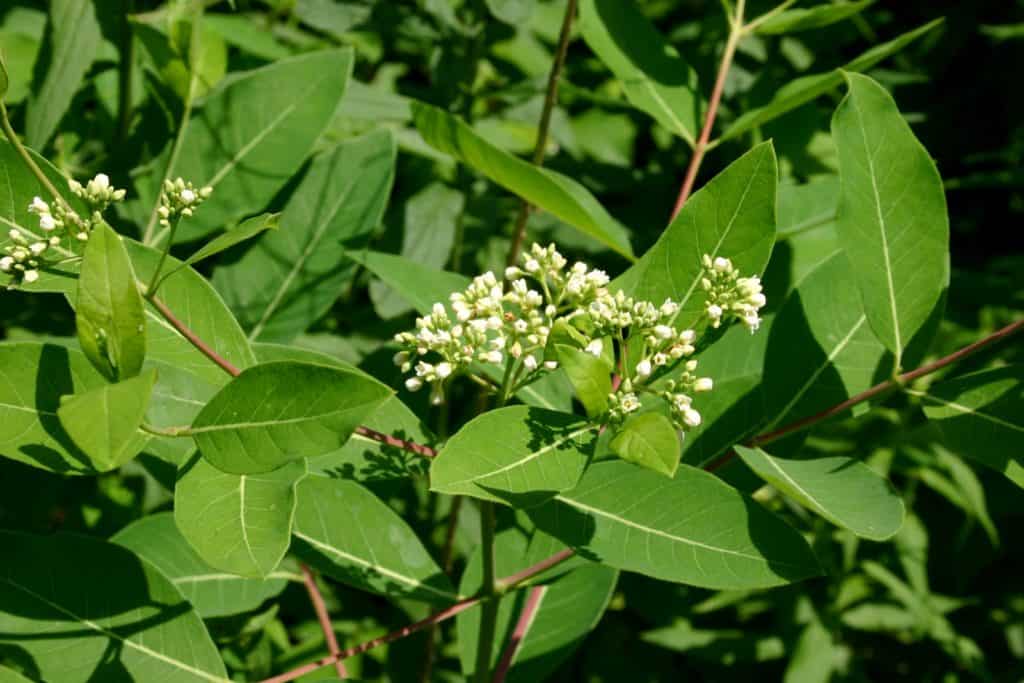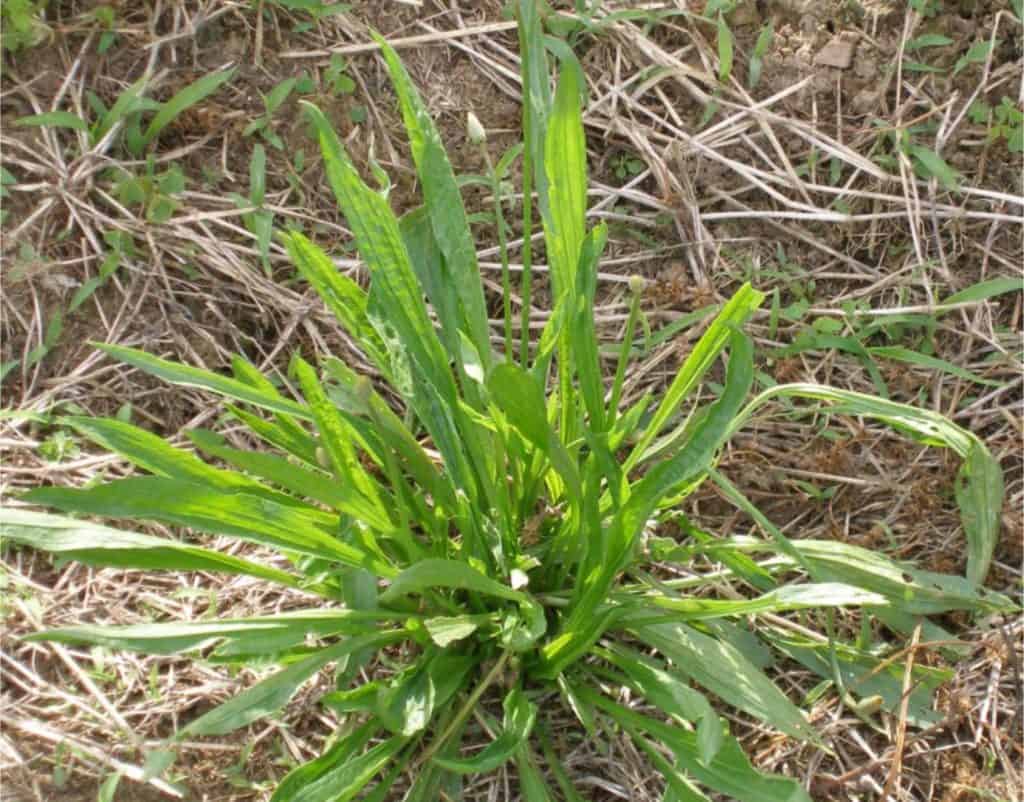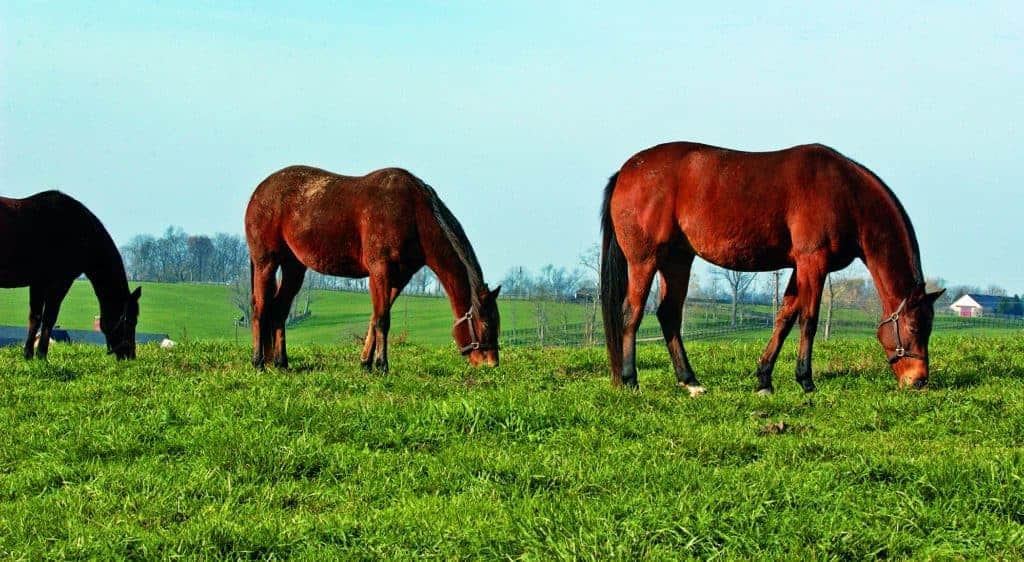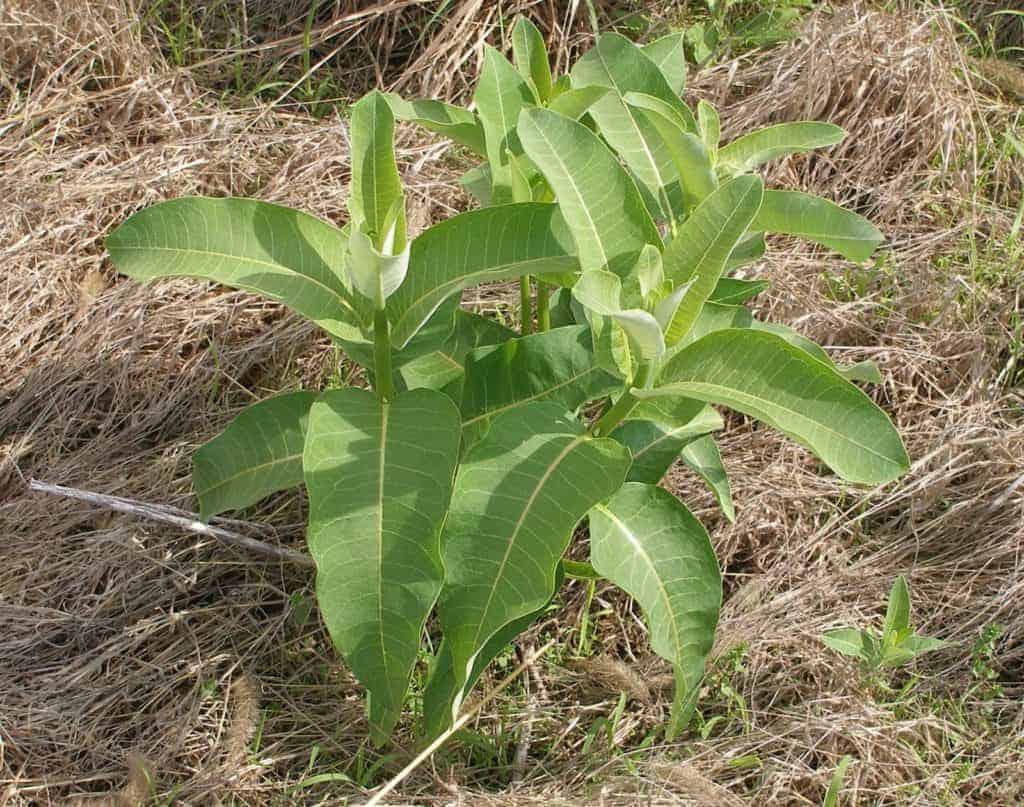
Common Pasture Weeds
Learn how to identify invasive, noxious, and sometimes poisonous, pasture weeds that commonly infest horse pastures.

Learn how to identify invasive, noxious, and sometimes poisonous, pasture weeds that commonly infest horse pastures.

Buckhorn plantain is widespread across North America and is a common plant in various pastures and turf.
With almost 130 evaluations performed, the program has a large data set about Kentucky horse pastures.

This year’s program will feature advice about minimizing the risk of laminitis in grazing horses and more.

A perusal of most Kentucky horse pastures will uncover about 20 plant species, many of which are weeds.
The workshop will feature hands-on sessions on topics relating to horse management and health care.
The programs will highlight industry research findings, reproduction topics, and horse management issues.

Topics covered include herd behavior, bringing horses in and turning them out, and pasture maintenance.

Common milkweed produces cardiac-glycosides that are toxic to horses and can cause death within 24 hours.
If you are fortunate enough to have horse pasture winter is the time to baby it. It’s also important to realize that a good stand
Ragwort is a poisonous weed for horses which results resulting in liver damage and, sometimes, death.

Early autumn is one of the best times of the year for spreading compost. Here are a few things to keep in mind.
Fall armyworms should not affect horses’ health or be confused with the Eastern tent caterpillar.

Many fencing options are available, but there are no hard-and-fast rules as to which is the best choice.
The grazing school will take place on Sept. 22 and will cover a variety of pasture and forage related topics.

Here are some practical steps that can be taken on cool-season grass pastures to help them recover for fall.
Stay on top of the most recent Horse Health news with
"*" indicates required fields